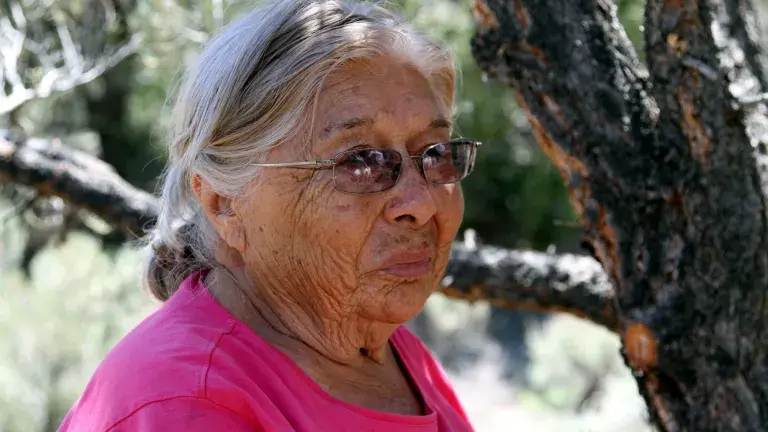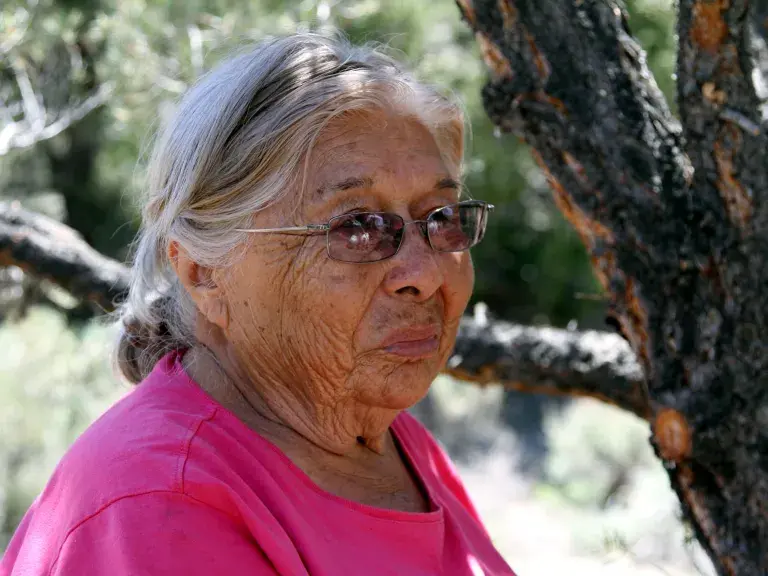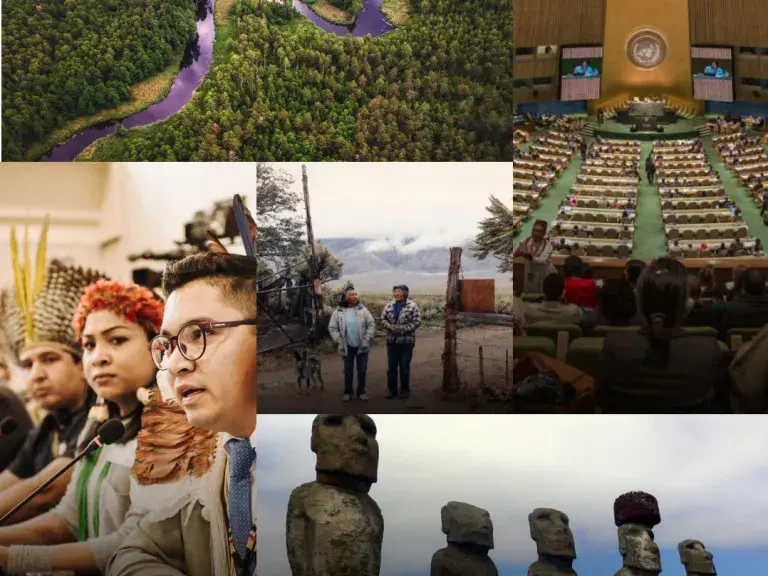
An example of the unfairness of federal law and the injustice of federal administrative action to Indian tribes is the recent treatment of the Timbisha Shoshone Tribe, a small tribe in Death Valley, California. Some years ago, the Timbisha Shoshone Tribe and other Western Shoshone tribes were awarded compensation by the Indian Claims Commission, and the money was placed in the U.S. Treasury in trust for the tribes. Then, in 2004, Congress passed an act taking all of the money away from the tribes and ordering the money to be distributed to individual Indians – not necessarily members of the tribes. Congress made up its own rules about who would get the money. The tribes were left with nothing out of the money they had been awarded. More than $140 million was simply taken from them without compensation and without due process of law.
With our help, the Timbisha Shoshone Tribe fought back by suing to stop the taking of the fund on the ground that taking the Tribe’s money without compensation or due process is a violation of the U.S. Constitution. We filed suit in 2010. Certainly, if this case involved the taking of money from anyone other than an Indian tribe, the taking would be barred by the Constitution. The federal government argued that because the money belonged to a tribe, Congress could take all the money and give it to others. Indeed, the federal government argues that it can take or dispose of all money and property belonging to any tribe, without any restriction at all, and with no obligation to compensate the tribe. Obviously, this is unjust and discriminatory.


